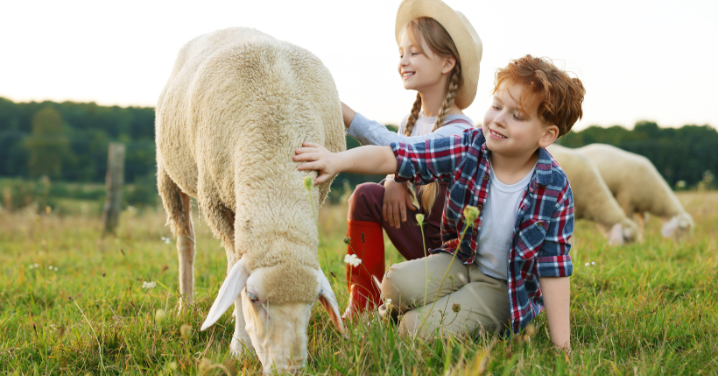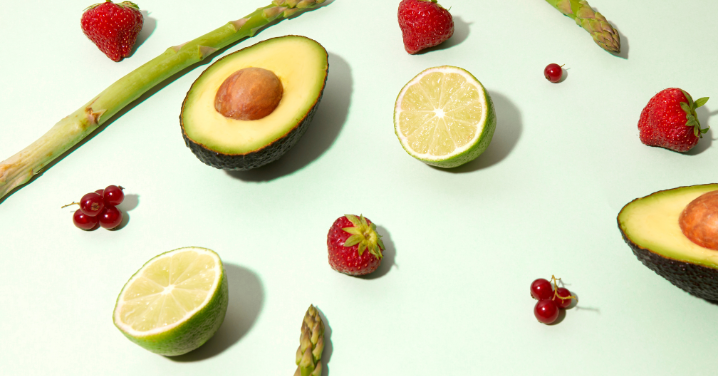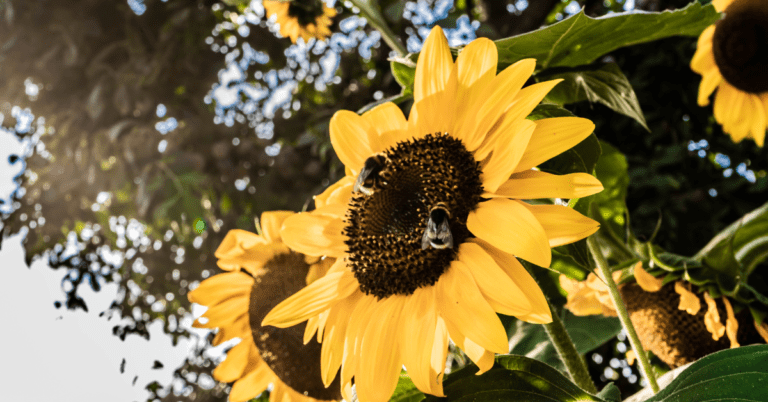
In the silence of a quiet kitchen, with the weight of the world’s choices resting upon us, one decision rises, simple yet profound: to stop eating animals. It is not an act of rebellion, nor is it some grand gesture. Rather, it is an acknowledgement of basic decency, a gentle whisper that says, “This is the right thing to do.” When we look around us, we realise there are choices at every turn—choices that do not require the suffering or lives of other beings. In choosing compassion over convenience, kindness over custom, we find ourselves aligned not with society’s transient norms, but with an innate truth about what it means to be truly human.
In a simple, honest moment, imagine a child encountering both an apple and a rabbit for the first time. Their instincts are clear: they would reach for the apple to eat, while marvelling at the rabbit, treating it as a friend or a playmate. There is no confusion, no hesitation. They see the rabbit as a living being, worthy of kindness, not as something to consume. This reaction, so instinctive and pure, reflects a natural connection to life that speaks volumes about the essence of compassion and respect for other beings.
Our choice to stop eating animals should feel as natural as this child’s response. In today’s world, where countless alternatives exist, choosing plant-based options is more than a dietary decision; it’s an ethical stance, a commitment to compassion. Consuming animals is not necessary to our survival, and once we understand that, the choice becomes simple: we can nourish ourselves without taking life. This understanding doesn’t require grand gestures or slogans; it’s grounded in something as basic as the decency we instinctively carry within us.
If slaughterhouses had glass walls, if the truth of what animals endure for our meals were visible and unhidden, many of us would make different choices. We can go berry-picking, visit orchards, and bring back baskets of fruit with light hearts, but we would recoil at the thought of “choosing a pig” to watch it be slaughtered. There’s a reason these images make us uncomfortable: we are not desensitised monsters. Our discomfort is a reminder of our humanity, of a latent compassion that pushes us towards gentler choices.
Plants, by nature, do not feel pain or fear as animals do. They lack the nervous systems that make animals aware of suffering. This difference matters because it defines our impact; we can choose sustenance that causes the least harm, honouring life while respecting our place within it. When we choose not to eat animals, we are not trying to make a statement; we are recognising that life should be valued, and that compassion must extend beyond ourselves.
This isn’t about judgement or righteousness; it’s about reconnecting with a sense of empathy that modern living sometimes dulls. We’re often removed from the realities of what goes on behind closed doors, and this separation allows us to act without realising the impact of our choices. Yet there’s an ever-present whisper of conscience, an inner knowing that questions whether this way of living aligns with the kindness we aspire to show. If our values include empathy and respect, our actions should reflect those ideals. To choose a compassionate diet is to choose alignment between our values and our behaviour, even if it’s not the norm.
Yes, it may feel like a small act, one among millions of others who continue as before. But change happens through these small, meaningful actions—one person inspiring another to be more mindful, then another. Collectively, these choices add up, creating ripples that reach far beyond us. Imagine a world where compassion is not an occasional act, but a daily choice. Where animals are seen not as resources, but as beings with whom we share the earth.
Let’s take this moment to choose differently, to honour our natural inclination for kindness. We have the privilege of choice, and with it, the responsibility to choose wisely. By forgoing animal products, we are not only aligning with compassion; we are quietly setting an example, showing others that living kindly is possible and meaningful. This choice is a quiet but powerful affirmation that life, in all its forms, is worthy of respect.
In making these choices, we are building a world where kindness is more than an ideal; it becomes part of who we are. Our strength lies in these choices, and each decision to be kinder resonates beyond the moment. We are capable of creating a future where compassion guides us, where empathy shapes our actions, and where our collective choices build a world that values all life.
This is a call to action—to be part of a movement towards greater kindness, not out of rebellion but out of a simple desire to do what feels right. May we stand by these choices, confident in their purpose, resilient in the face of challenges, and unwavering in our compassion. This is our moment to choose courage, to act with empathy, and to make a difference that will ripple far beyond us. Let us carry this forward, with kindness as our guide, until it becomes the essence of who we are.



